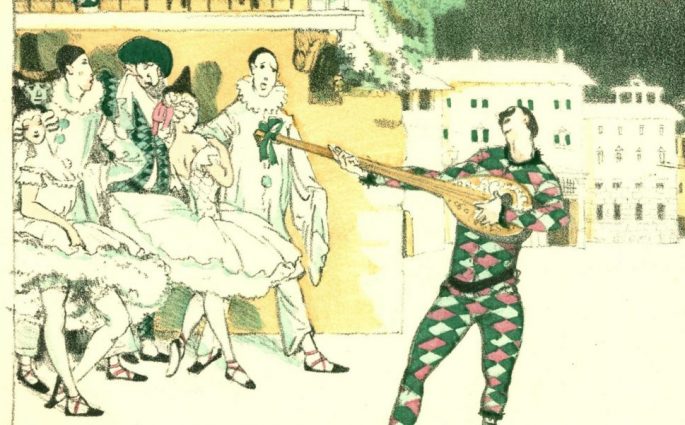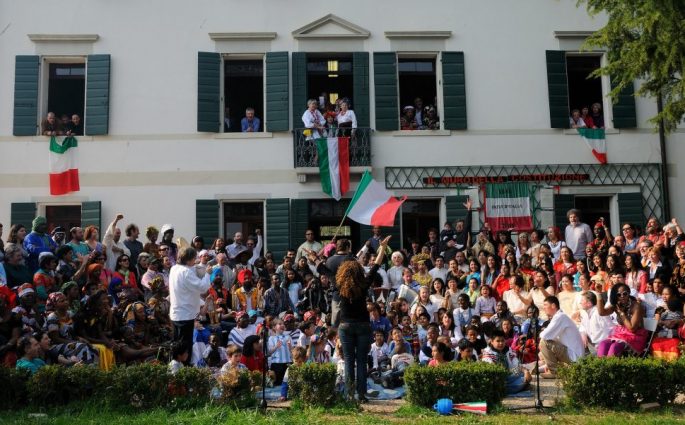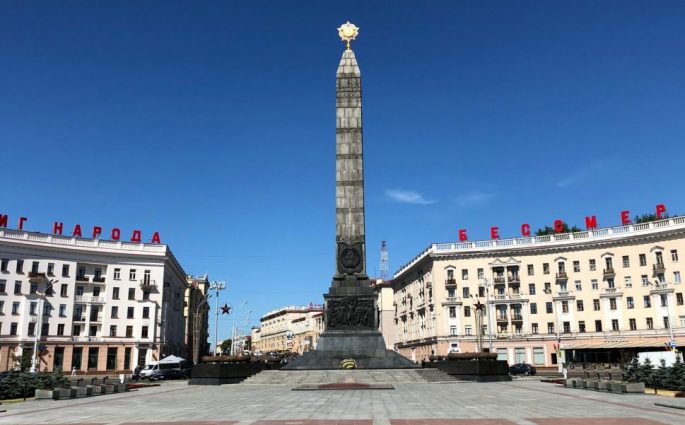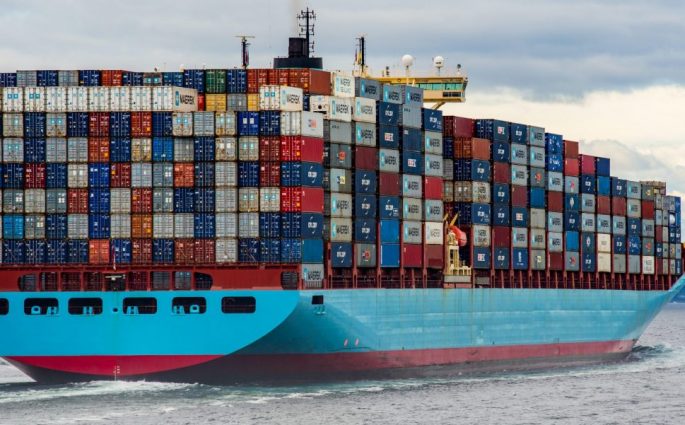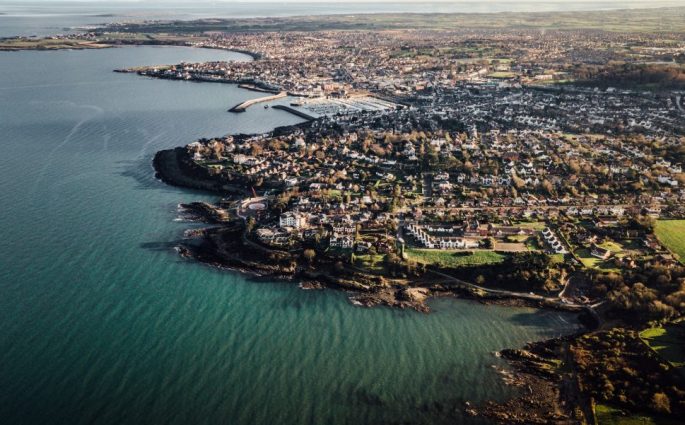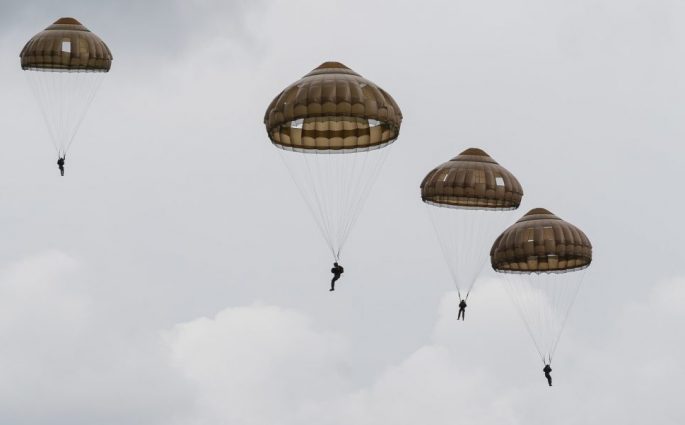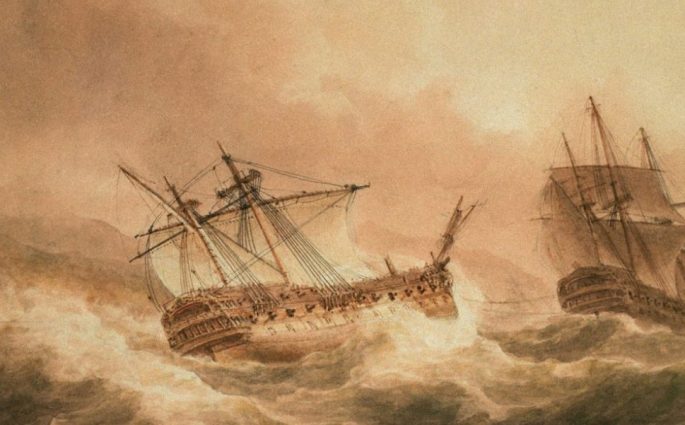Robert Walser and the Russian Ballet
Susan Bernofsky— In the spring of 1909, thirty-one-year-old novelist Robert Walser, then living in Berlin, saw a performance by one of the greatest ballet dancers of the twentieth century. Anna Pavlova wasn’t yet the international star she would later become, though she was already a lead dancer with the Maryinsky

